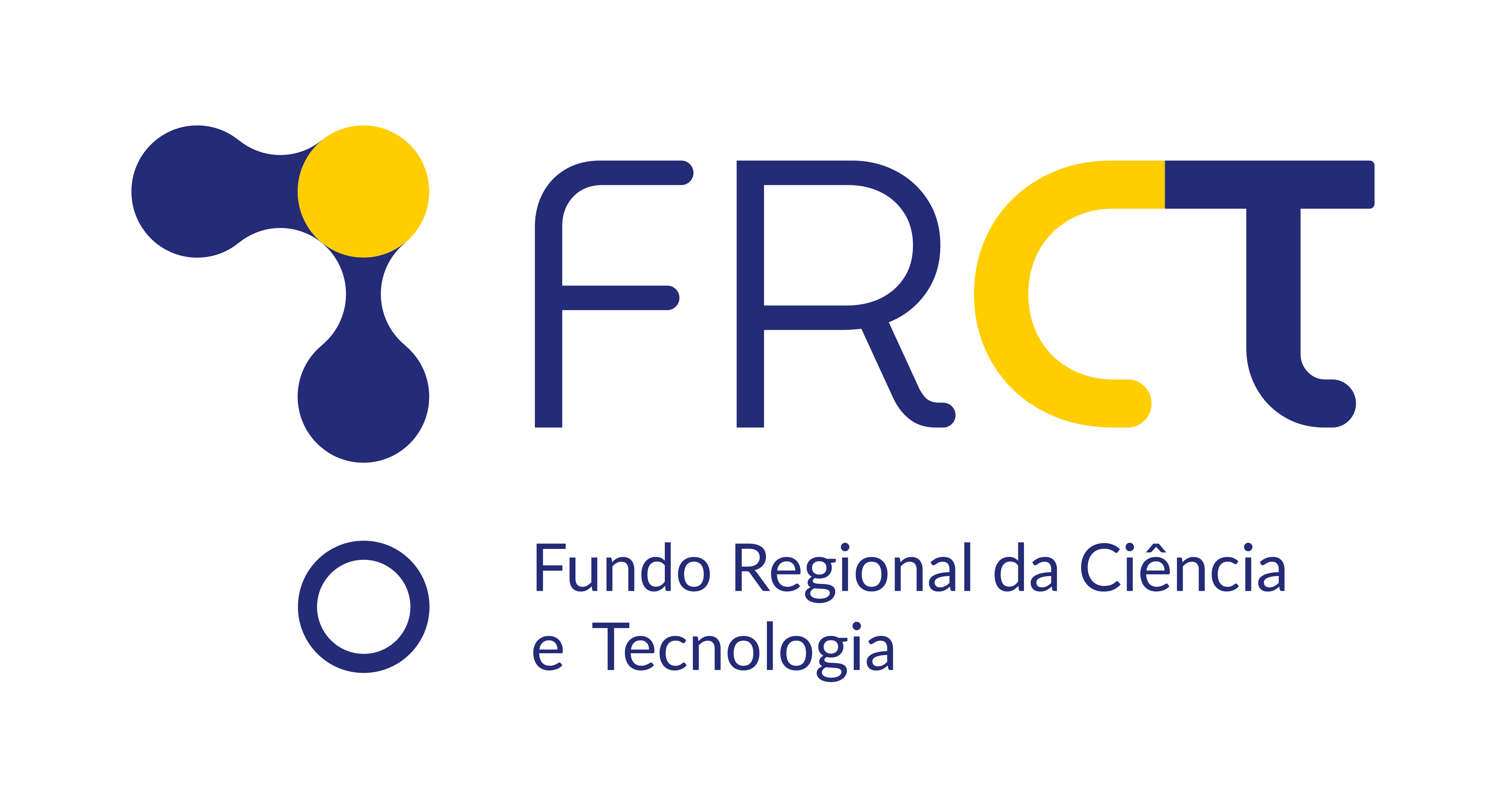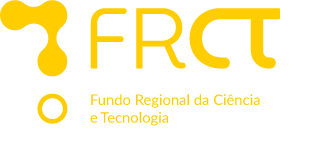Azores contribute to global network of earth observation systems
2 JULHO, 2019
The Regional Government, through the Regional Fund for Science and Technology (FRCT), will present the preliminary results of the implementation of the Marine Earth Observation (Marine-EO) project in Lisbon during the EuroGEOSS workshop from July 3 to 5. This is the first European transnational project carried out as a partnership for innovation in the field of Earth observation.
This international network, which brings together a group composed of a hundred governments, develops a strategic plan for decisions and actions to be grounded in highly developed and technologically advanced systems based on Earth observation data.
Co-organised by the European Commission and the Foundation for Science and Technology, the workshop will focus on creating synergies between the various projects under development at international level as well as discussing and reviewing the implementation of this initiative in Europe.
The plenary session of the first day will include the presentation of the preliminary results of the implementation of Marine-EO in the Azores, Mainland Portugal, Spain, Greece and Norway.
According to the Regional Director for Science and Technology, it also aims to demonstrate “how partnerships for innovation and customisation of Copernicus products, based on the needs of end users, are driving a global technological market.”
The Marine-EO project is nearing the end of the second phase of implementation. This initiative is aimed at the development of innovative and non-commercial services under the Copernicus programme, focusing on the development of information services based on terrestrial observation data.
During the last quarter of this year, the project will move forward to the third and last phase. It will involve the demonstration of four solutions in the fields of Marine Monitoring and Maritime Safety in real scenarios, through a joint investment of 3.4 million Euros.
The creation of specific Copernicus products for the North Atlantic sub-region, which includes the Azores, is among the main innovations that have already taken place in the prototyping phase. Until now, they were only available in global CMEMS products (Copernicus Marine Environment Monitoring Service). Moreover, there is the possibility of carrying out maritime surveillance based on data from the Sentinel 1 and 3 satellites.
Accordingly, new algorithms were developed for both services, through a process of industrial research and innovation that is not yet available in the world market.
A demonstration of the capabilities of this system in an operational context is planned for the Azores during the first half of 2020.










